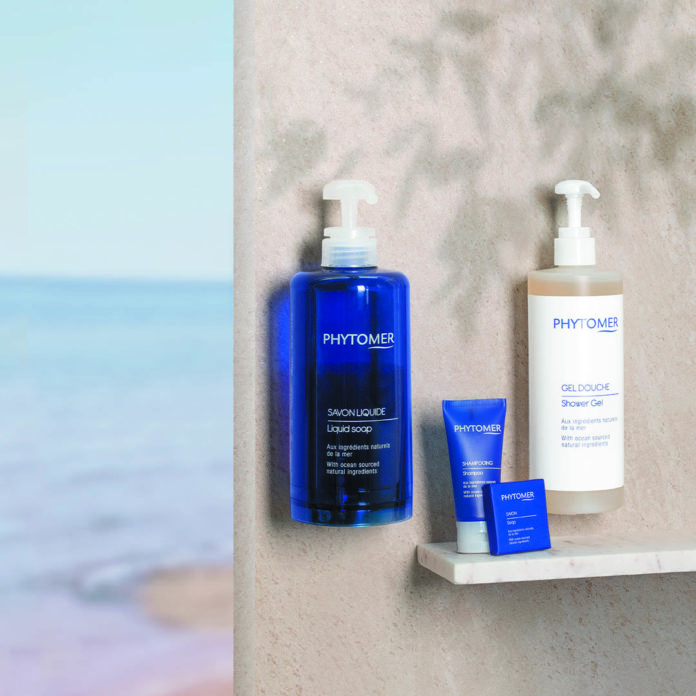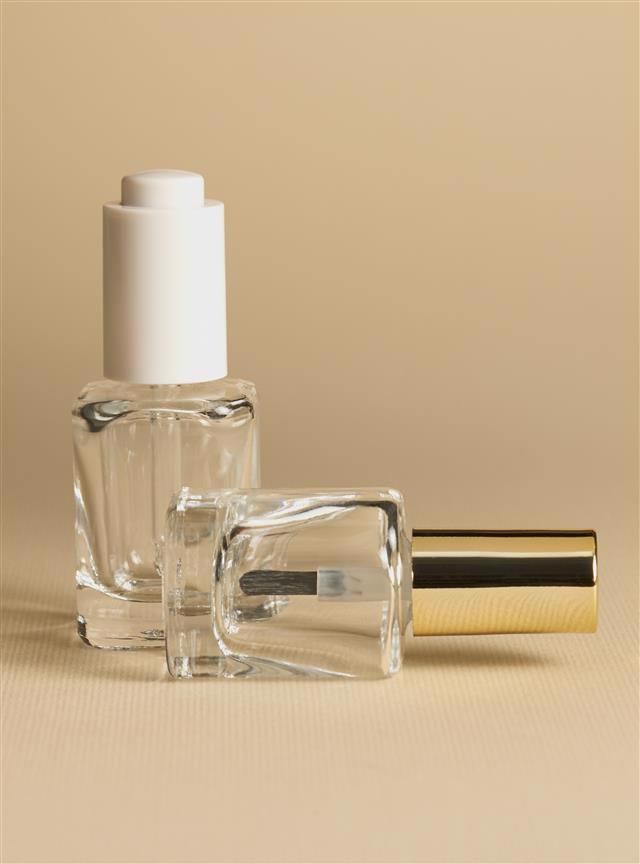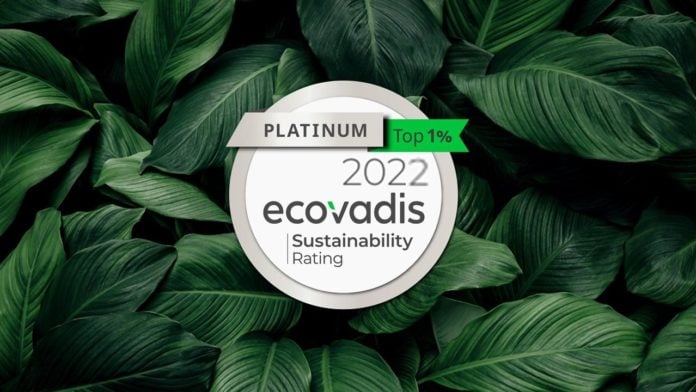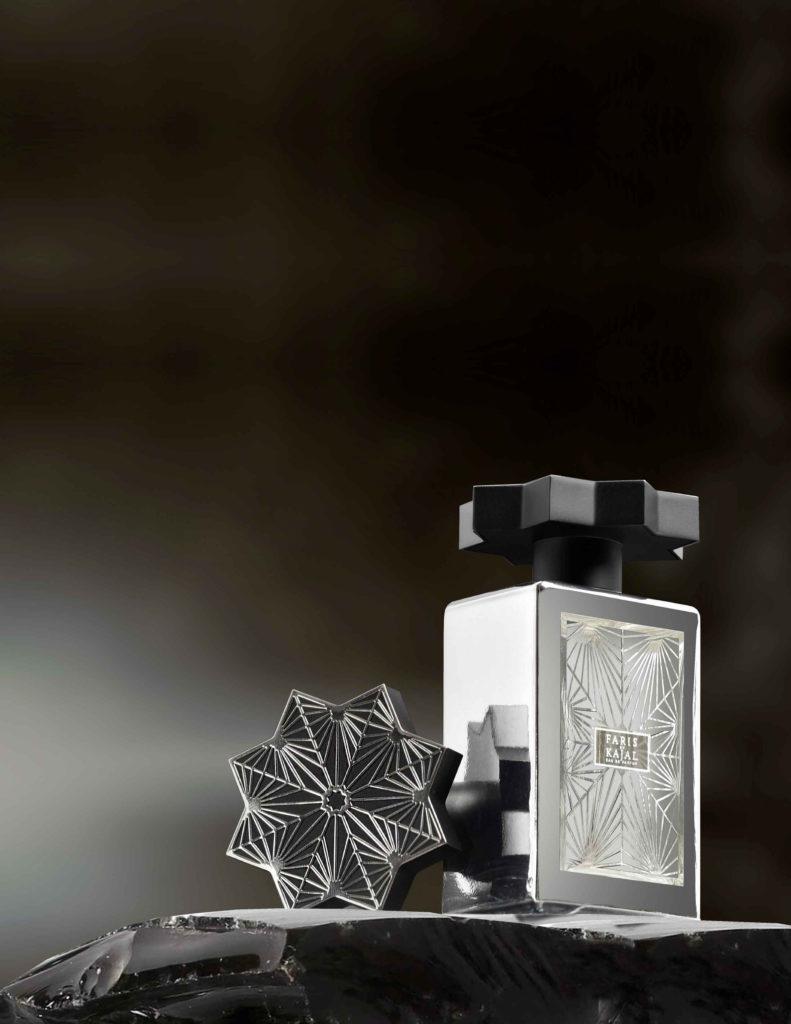Groupe GM, international market leader in hospitality products, is today pleased to announce a new partnership with Phytomer.
Phytomer is the story of three generations united by the same dream: to offer skin all the benefits of the sea. For 50 years, Phytomer has been drawing on the incredible richness of the sea to offer men and women skin care products designed to reveal their full beauty. Today, the world's finest spas choose to offer their clientele the revitalizing benefits of Phytomer skin care products.
With this collaboration, Groupe GM can now offer hotel guests a new line of hospitality products inspired by the sea. Phytomer products are enriched with sea fennel (Crithmum maritimum), a plant with wonderful refreshing, relaxing and softening properties. A pure moment of well-being. Our formulas contain up to 98 % of natural ingredients. Their fragrance is inspired by the iodized freshness of the sea air, combining subtle floral notes with pleasant aquatic and woody scents.
The Phytomer range of hospitality products meets all the requirements of GM Group's Care About Earth social responsibility program. Launched in 2018, this www.groupegm.comprogramme aims to reduce the hospitality sector's impact on the environment.
This new line reaffirms Groupe GM's commitment and efforts to develop sustainable products. The products come in dark blue 30 ml tubes, made from 90 % plant-based materials. The caps are made from 100 % recycled plastic. The range includes shower gel, shampoo, conditioner and body lotion.
The Phytomer line of home care products is completed by two large-format 400 ml dispensers: Ecofill and Ghost.
Ecofill is an innovative, sustainable and eco-designed product. This patent-pending dispenser is not only eco-responsible, refillable and traceable. It's also a clean, safe, fast and easy solution with reduced environmental impact. Its 400ml sealed pouches feature low-impact packaging with only 8g of recyclable plastic, and guarantee total formula traceability. The dark blue Ecofill dispensers include shower gel, shampoo, conditioner, body lotion and liquid soap, all 100 % traceable.
As its name suggests, the Ghost dispenser hangs from an invisible rail, giving the impression that the product is floating in mid-air. This large-format 400 ml dispenser, with its ingenious ecological design, is made from sugar cane and lasts for around 40 days. The system is both safe and easy to use. The amount of product remaining is visible through a small, discreet window. Designed to blend in with the wall on which it is hung, this dispenser is supplied with a wall mounting, either with screws or double-sided adhesive, and comes with a key to enable the device to be easily removed from the wall.
The Ghost dispenser comes in white, and the bottle is made from 100 % plant-based materials. The Ghost is available for a wide range of products, including shower gel, shampoo, conditioner, body lotion, liquid soap, and hair and body gel.
The range is completed by a 20g bar of soap certified RSPO (Roundtable on Sustainable Palm Oil) and packaged in Allegro paper.
Laurent Marchand, GM Group CEO, said: " We are delighted to enter into this partnership with Phytomer, a leading brand that stands out as much for the professional quality of its cosmetics as for its innovative spirit, and which shares Groupe GM's commitment to sustainability and the environment. Phytomer already works in partnership with 10,000 spas in 80 countries, and we look forward to launching the new product line in hotels around the world. This collection of hospitality products meets all the criteria of our Care About Earth program, and we are convinced that it will meet all the expectations of our partner hotels' customers. "
















